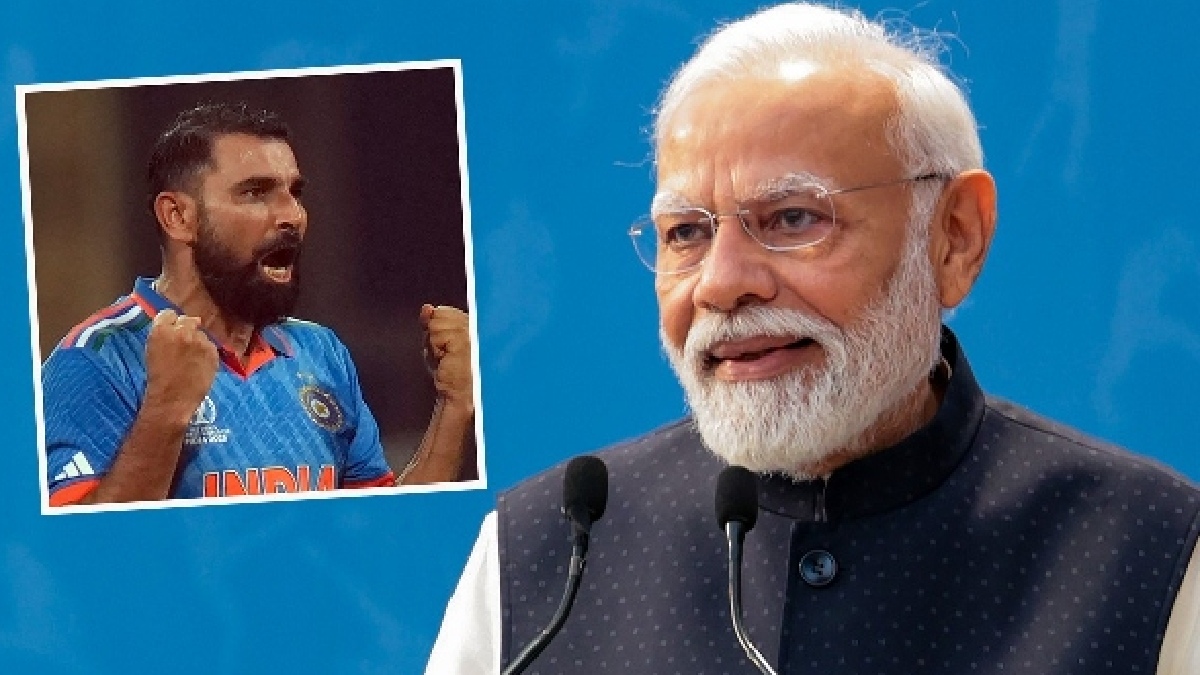
What is the Fugitive Economic Offenders Bill: Explainer
New Delhi, Jan 5: Former liquor baron Vijay Mallya became the first person to be named as a fugitive economic offender. The court was hearing an application filed by the Enforcement Directorate seeking to declared him a fugitive economic offender.

The Fugitive Economic Offenders Bill, 2018 was passed by the Rajya Sabha with a voice vote. The Lok Sabha had cleared the measure on July 19.
What is the bill all about. We break it down for you.
Fugitive Economic Offenders Bill:
The Bill is primarily aimed at stopping economic offenders who leave the country to avoid legal process. Offences involving amounts of Rs 100 crore and above fall under the purview of this law. These offences are those defined under the Indian Penal Code, SEBI Act, Customs Act, Companies Act, Prevention of Corruption Act, Limited Liability Partnership Act, and the Insolvency and Bankruptcy Code.

Definition of a fugitive economic offender:
Section
4
of
the
law,
states
that
a
'fugitive
economic
offender'
is
"any
individual
against
whom
a
warrant
for
arrest
in
relation
to
a
scheduled
offence
has
been
issued
by
any
court
in
India,
who:
(i)
leaves
or
has
left
India
so
as
to
avoid
criminal
prosecution;
or
(ii)
refuses
to
return
to
India
to
face
criminal
prosecution."
How is a person declared an economic offender:
The Central government through a director appointed by it will have to file an application before a special court to declare a person as fugitive economic offender. Once the following conditions are fulfilled the director has the right to seize or attach the properties of the offender.
Under Clause (2) of Section 6, the application must contain the following:
(a)
reason/s
for
the
belief
that
an
individual
is
a
fugitive
economic
offender;
(b)
any
information
available
as
to
the
whereabouts
of
the
fugitive
economic
offender;
(c)
a
list
of
properties
or
the
value
of
such
properties
believed
to
be
the
proceeds
of
crime,
including
any
such
property
outside
India
for
which
confiscation
is
sought;
(d)
a
list
of
properties
owned
by
the
person
in
India
for
which
confiscation
is
sought;
(e)
a
list
of
persons
who
may
have
an
interest
in
any
of
the
properties
listed
under
sub-clauses
(c)
and
(d)."
The process:
Once
an
application
is
moved,
the
court
would
issue
notice
to
the
person
concerned.
The
accused
would
have
to
present
himself
before
the
court
within
six
weeks
of
the
notice
being
issued.
In
case
he
or
she
fails
to
be
present,
the
court
would
declare
the
person
a
fugitive
economic
offender,
following
which
the
properties
as
listed
would
be
confiscated.
Under
Section
11,
the
person
declared
a
fugitive
economic
offender
loses
the
right
to
file
a
civil
claim
in
court.
Confiscating properties:
The court would then appoint an administrator to oversee the confiscated property. The administrator would be responsible for disposing off the property, following which the amount would be used to satisfy a creditor's claim.


 Click it and Unblock the Notifications
Click it and Unblock the Notifications





















